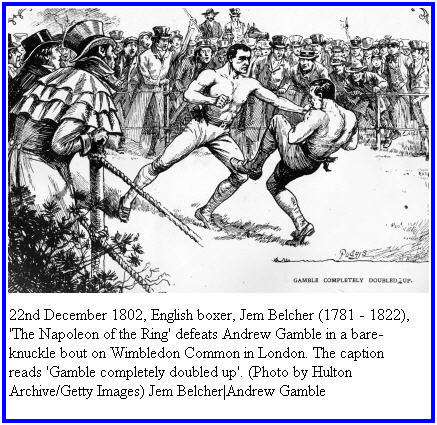If only we ask this question every time we start a new project, how much would it save everyone associated with it? It is so fundamental that we assume that it was asked by someone already and we run with it. You will be surprised to note that it took a disaster like Challenger explosion (28th Jan 1986) to ask the purpose of the space shuttle program. Instead of running with a task handed down, a simple question like, “Why are we doing this or to what end?” would benefit us immensely.
We may defend, “Well that was in 1986, ever since that we come have a long way.” Not really. Time and again we see this folly of not asking this question in our everyday life. Recently Microsoft discontinued its Live Book Search project after nearly 2 years of scanning 750,000 books and 80 million journal articles and spending close to $ 10 million. I wonder if anyone part of the project group raised this question, “Why are we doing this anyway?”
|
|
Assuming I am a consultant and my client states a problem with a fat pay check for solving his problem, it would be unwise to accept the stated problem and start collecting data to solve the problem. At the least, asking this question, would expand the perspective of the client, expand the possibilities and change how the solutions are presented. It may even prevent me from tackling his wrong problem!
According to the Purposes Principle, in the book titled ‘Breakthrough Thinking’, the authors implore us to seek the purpose of everything. To quote verbatim from the book, “If the purpose of a shoelace is to tie a shoe, ask what the purpose of tying a shoe is – and then watch the possibilities for alternative, innovative solutions unfold before your eyes.”
Having stated an immediate purpose of solving a problem, we should expand the purposes, to still greater purposes until we have an array of purposes to tackle. Then out of the many we choose the one that would have a greatest impact using our limited resources.
Let me explain with a simple personal example:
Suppose I ask myself the purpose of writing this blog I will come up with the answer: to educate, inform and entertain the visitors to my site. And if I were to ask again what in turn the purpose of that is; my answer would be to encourage more visitors to visit this site and so on.
Eventually my purpose array would look like the following:
- To create content for my website to educate, inform and entertain the visitors to my site.
- To encourage more visitors to visit my site.
- To expose visitors to relevant advertisements displayed alongside.
- To click on the advertisements that are of interest or use to them.
- To collect payment from my Associates for qualified clicks.
- To create an additional income stream through the Internet.
- To have more disposable income on hand.
- To invest in assets that enhances quality of life.
- To enhance quality of life.
Now in my purpose array I may choose to focus on the initial purpose (level 1) of just creating the content or I may choose to focus on level 2 i.e. to encourage more visitors to visit my site or level 6 i.e. to create an additional income stream from the Internet.
At each level my course of actions will be different. For instance if I focus on level 1, I need to focus on what would be topical and interesting to my visitors and what additional research is required before I complete this post, what improvement in presentation or style of writing is required etc.
If instead if my focus is on level 2, my focus would be to explore other options to attract visitors to my site (like buying quality content from other sources, or other incentives like creating contests with free gifts for winners on my site) other than myself spending time creating the content.
If I have the money I may choose to focus on level 6, I may open an online store promoting my own products or if I am resource poor I may opt to promote others products by becoming an affiliate. Or at level 7, I may choose to ignore the Internet altogether and see more conventional ways of creating additional source of income.
The point is, asking the purpose of doing anything, expands my options. I hope you agree with me.

 However, if one of the unequal participants induced by big prize money fights and ends up being carried away in a stretcher, is it voluntary? But at least most of the times in boxing, there is this referee who steps in to save the severely injured boxer from himself. And the stupid boxer returns the favor by trying to knock down the referee himself for stopping the fight.
However, if one of the unequal participants induced by big prize money fights and ends up being carried away in a stretcher, is it voluntary? But at least most of the times in boxing, there is this referee who steps in to save the severely injured boxer from himself. And the stupid boxer returns the favor by trying to knock down the referee himself for stopping the fight.




